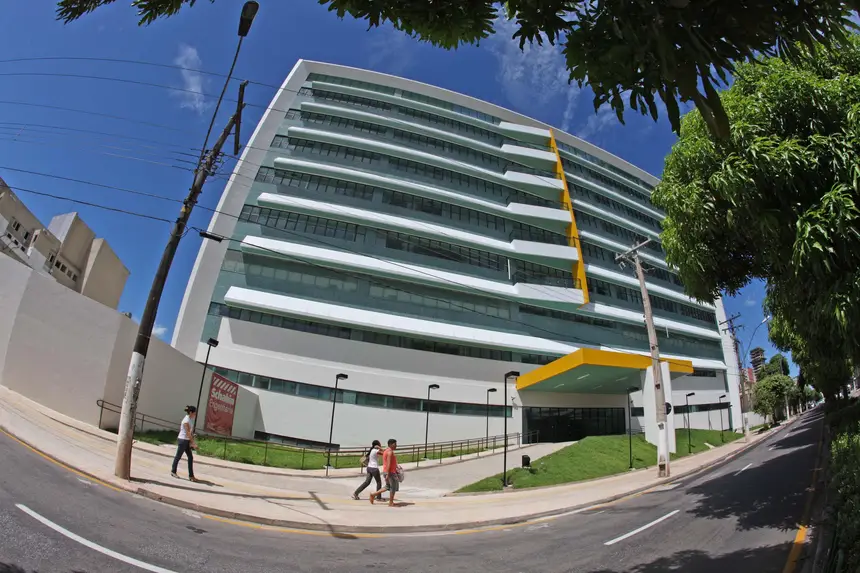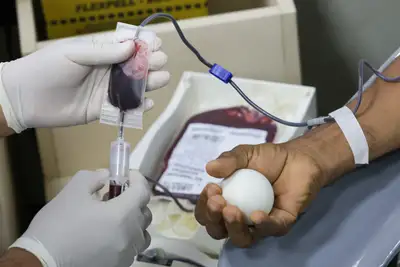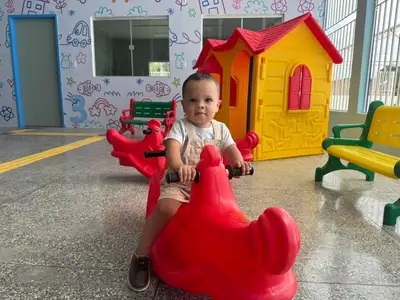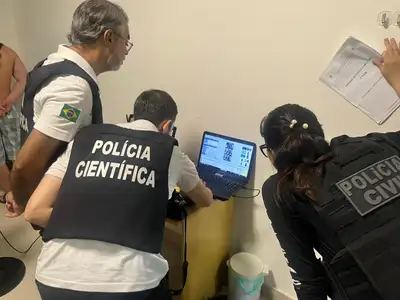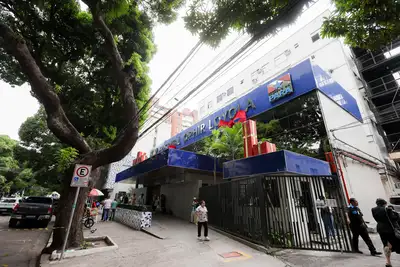Government of Pará ensures hospital structure and continuous care at COP30
The state health network will keep all services functioning normally and is prepared to meet any demands from the conference
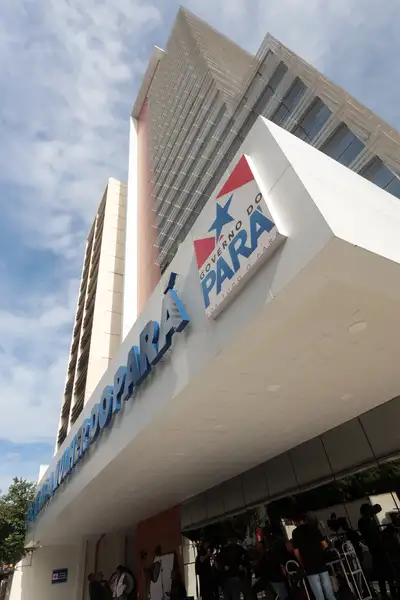
During the 30th United Nations Conference on Climate Change (COP30), the Government of Pará, through the State Department of Public Health (Sespa), will ensure the full operation of the state hospital network and the continuous provision of services to the population. In addition to maintaining regular care in all units, Sespa has structured a strategic plan in partnership with the Ministry of Health to ensure a quick and safe response to possible healthcare demands during the event.
The State Secretary of Public Health, Ivete Gadelha Vaz, highlighted that the planning was built based on international protocols and the integration between hospitals, municipal units, and emergency services. "The state health network will be fully mobilized. We have trained teams, contingency plans, and defined care routes, ensuring care for both the Pará population and the visitors who will be in Belém for this major global event," she stated.
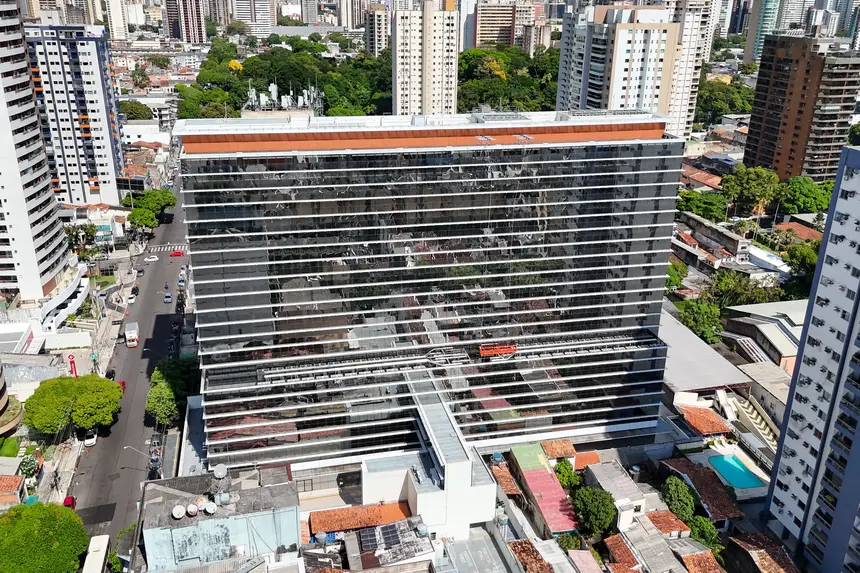
The Sespa care plan provides for the integrated operation of seven state reference hospitals in the Metropolitan Region of Belém, in addition to support from municipal emergency units and ongoing health outreach actions, which will continue to operate normally during the conference.
Care Units - Among the units that will operate on the front line, the Dr. Abelardo Santos Regional Hospital (HRAS) will be one of the main backup points. Director Aline Oliveira emphasized the commitment of the teams to assist during the event. "We will do what we already do: provide assistance with safety, quality, and commitment, reinforcing the role of the unit in caring for the population and the visitors who will come for this historic event," said the manager.
At the Metropolitan Emergency and Urgency Hospital (HMUE), a reference in trauma and burns, the preparation involved simulations and training. "Throughout the year, our teams have been trained and participated in drills, which reinforces our capacity to respond to large events. We will continue to operate fully and be prepared for any emergency demand," explained executive director Marcelo Azevedo.
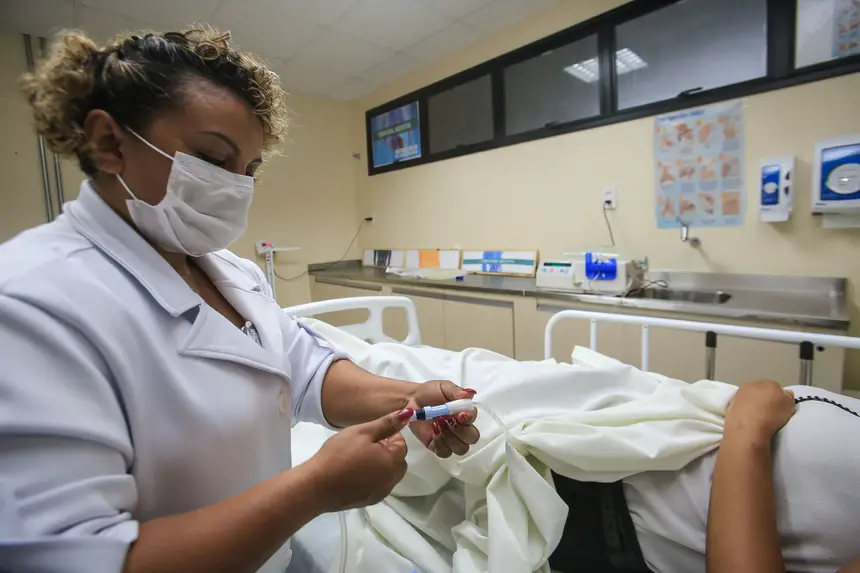
The Jean Bitar Hospital (HJB) is also part of the plan, with reinforcement in wards and rapid response protocols. "Being among the reference units for COP30 is a source of pride. It is the recognition of years of investment in technical qualification and patient safety. Our participation reaffirms that Pará shows the world a resolutive, humanized, and excellent public health system," stated executive director Giovani Merenda.
At the Santa Casa de Misericórdia do Pará Foundation (FSCMPA), Technical and Assistance Director Norma Assunção emphasized the importance of integrating the care flow. "Sespa organized the entire flow, with clear protocols for regulation and activation. Santa Casa is ready to assist, if necessary, with safety and quality," she assured.
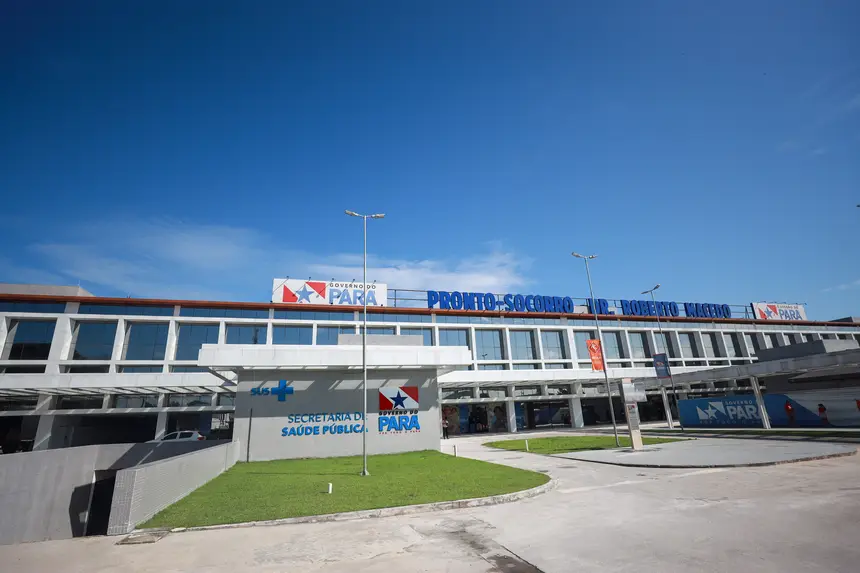
At the Dr. Roberto Macedo Emergency Room (PSRM), the focus will be on the continuity of emergency and urgent care. "We have the team mobilized to welcome and provide assistance during COP30, ensuring the continuity of care and the safety of our patients," stated general director Carlos Vinícius Ribeiro Quadros.
The Gaspar Vianna Clinical Hospital (FHCGV) will act as a specialized reference in cardiology and mental health. "We are prepared to act with total responsibility and excellence. Our role is strategic to ensure specialized support in these areas during COP30," informed president Sipriano Ferraz.
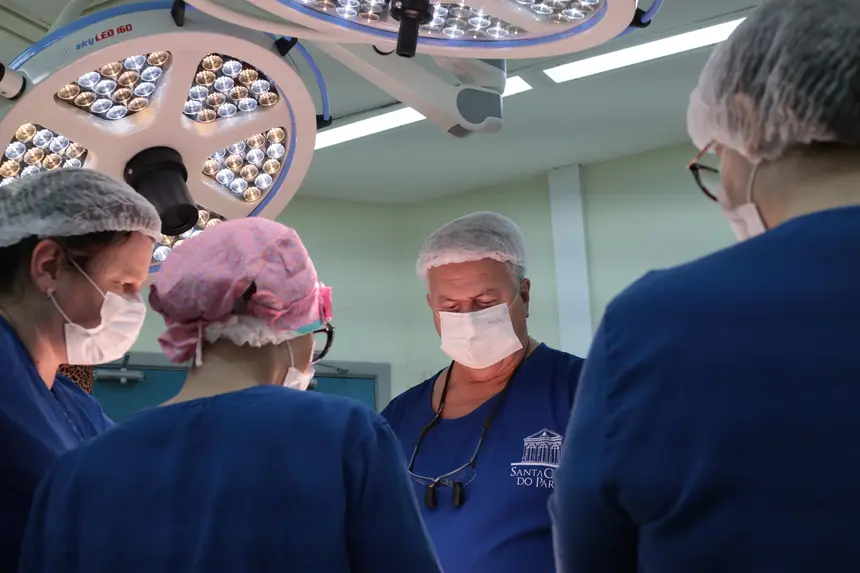
The Hospital da Mulher do Pará (HMPA) will reinforce attention to women's health. "During COP30, we reaffirm our commitment to women's health. Our teams are prepared to provide welcoming and safe assistance to patients and event participants," said general director Nelma Machado.
Backup Hospitals - All state hospitals will operate normally, with 24-hour care for urgent and emergency cases, following their care profiles.
Check the available services and guidelines for care during COP30:
* Dr. Abelardo Santos Regional Hospital (HRAS) – Located in Icoaraci, HRAS is one of the main backup units for COP30, with 360 beds distributed among emergency, clinical admission, surgeries, and ICUs. The unit offers 11 specialties, including general medicine, obstetrics, pediatrics, neurosurgery, thoracic surgery, and vascular surgery.

* Metropolitan Emergency and Urgency Hospital (HMUE) – A reference in trauma and burns, the Metropolitan will act as backup in multiple casualty incidents, in addition to maintaining the routine of continuous care.
* Jean Bitar Hospital (HJB) – HJB will maintain regulated care and has allocated renovated wards for potential backup, as well as a response plan for situations with multiple victims.
* Santa Casa de Misericórdia do Pará Foundation – A strategic support unit, especially in obstetrics. Twenty beds are reserved in the backup ward, with standby teams.
* Dr. Roberto Macedo Emergency Room – 24-hour care in clinical and surgical emergencies, with 119 beds and six surgical rooms. Less severe cases should be referred to Basic Health Units (UBS).
* Gaspar Vianna Clinical Hospital Foundation (FHCGV) – A reference in cardiology and psychiatry, will operate on call for admissions and emergencies in these areas.
* Hospital da Mulher do Pará (HMPA) – Will maintain its routine care and reinforce welcoming in cases of gynecological emergencies and situations of sexual or domestic violence.
Outreach Actions - In addition to the state network, the health structure during COP30 will have the support of the municipal network of Belém, responsible for lower complexity urgent and emergency care. Sespa will also keep health outreach actions operational, which will continue to provide basic and preventive care to communities in different regions.
"The Government of Pará is prepared to ensure comprehensive assistance to the population and visitors. Public health in Pará will continue to operate normally, with quality, welcoming, and integration among all levels of care," reinforced Secretary Ivete Vaz.
Care Protocol at COP30 - Care will follow a defined and tested flow in large international events. The Medical Care Posts (PAM) installed at the conference venues will function as triage and first aid points. More complex cases will be referred by ambulance to reference hospitals, according to severity and clinical profile.
The Regulation Center will determine the most appropriate unit for each situation, considering medical specialties, complexity, and proximity. The system ensures a quick response and safe, organized care.
Heads of State - Official delegations and international leaders will receive care in private reference units, such as Porto Dias and Adventist hospitals in Belém, prepared for high-complexity cases. These units already have complete infrastructure and experience in caring for international patients, ensuring confidentiality, comfort, and excellence.
With this integrated structure, the Government of Pará ensures comprehensive health care for all participants and visitors. The state hospital network, together with the municipal and private networks, guarantees broad coverage, rapid response to emergencies, and maintenance of care quality, reinforcing safety and care during the world's largest climate event.
"COP30 is a historic moment for Pará, and we are prepared to ensure that public health operates with excellence, safety, and welcoming," said Sespa head Ivete Vaz.


